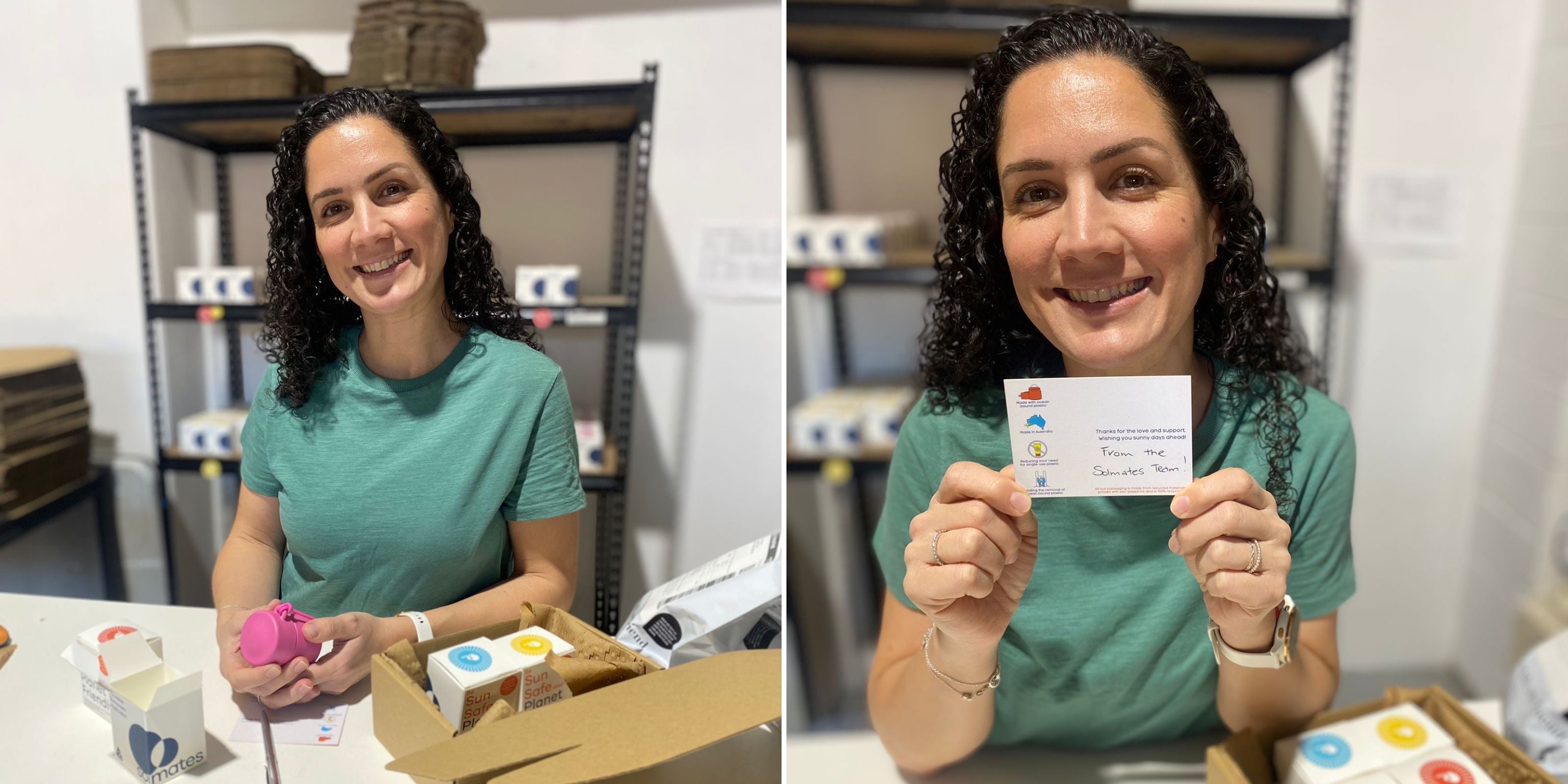Australia is known for its beautiful beaches and sunny weather, but it also has some of the highest UV levels in the world. This makes sun protection incredibly important to prevent skin damage, sunburn, and skin cancer. Whether you’re a local or just visiting, understanding how to protect yourself from the harsh Australian sun is essential. Let’s dive into some common questions about sunscreen to help you enjoy the sun safely.
1. What Does SPF Mean?
SPF stands for Sun Protection Factor. It tells you how well a sunscreen protects your skin from UVB rays, the ones that cause sunburn.
For example, SPF30 is estimated to filter 96.7% of UVB radiation with 1/30th (3.3%) of UV reaching the skin. SPF50 is estimated to filter 98% of UVB radiation with 1/50th (2%) reaching the skin. Both can provide excellent protection IF they are applied properly.
2. Do I Need Sunscreen on Cloudy Days?
Yes, you do. Up to 80% of UV rays can penetrate through clouds. Even if it's overcast, your skin can still be exposed to harmful rays, so make sunscreen a daily habit regardless of the weather.
3. What’s the Difference Between Chemical and Physical Sunscreens?
Chemical sunscreens absorb UV rays and turn them into heat, while physical sunscreens (often referred to as mineral sunscreens) sit on top of your skin and reflect the rays. Chemical ones usually have ingredients like oxybenzone, and physical ones have zinc oxide or titanium dioxide.
4. Can Sunscreen Cause Acne?
Some can, especially those with heavy oils. If you’re prone to acne, look for non-comedogenic (won’t clog pores) sunscreens or ones labeled "oil-free" or "for acne-prone skin." Gel-based or mineral sunscreens are good options.
5. Can Sunscreen Expire?
Yep, sunscreen can lose its punch over time. Check the expiration date on the bottle. If it’s expired or looks or smells funky, toss it and get a new one.
6. What About Sunscreen Sprays?
We are going to be blunt here - don’t use sunscreen sprays. And the experts agree with us. They warn they are not effective (and rarely used correctly) as protection from the sun and can be harmful if inhaled. And from a sustainability standpoint - because they are so ineffective and wasteful, you go through your bottle much more quickly than any cream or lotion.
7. Do I Need Sunscreen Indoors?
If you’re near windows, then yes. UVA rays can come through glass and still cause damage. Making sunscreen part of your daily routine is a smart move, even if you're mostly inside.
8. Do People with dark skin tones need to wear sunscreen?
Yes, people with dark skin tones need sunscreen. While darker skin has more melanin, which provides some natural protection against ultraviolet (UV) radiation, it does not offer complete protection and UV radiation can still cause damage. Additionally, people with darker skin tones are often diagnosed with skin cancer at a later, more advanced stage, making prevention even more critical.
Knowing the basics about sunscreen helps you make smart choices and keep your skin safe. Make it a part of your everyday routine, no matter the weather or season, and enjoy the sun responsibly. Stay sun-safe and keep shining!




